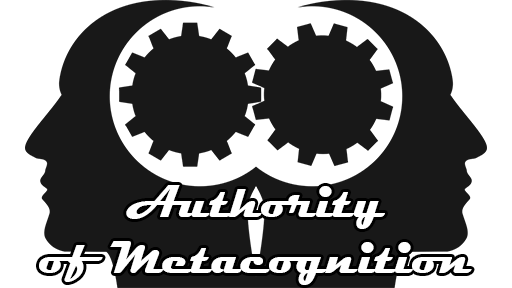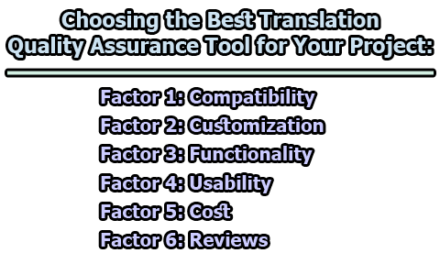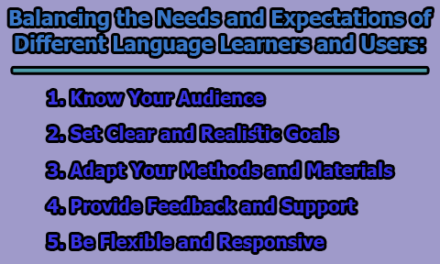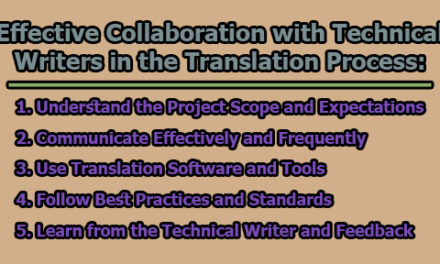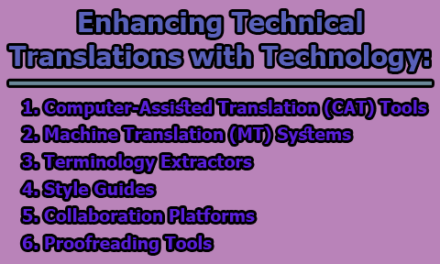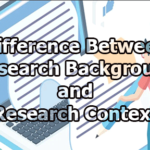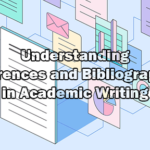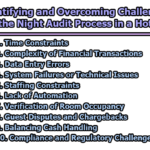Authority of Metacognition:
Metacognition has become an increasingly important topic of study in the fields of education, psychology, and cognitive science. The term “metacognition” refers to the ability to reflect on and regulate one’s own cognitive processes, including thinking, learning, and problem-solving. This ability is essential for effective learning and critical thinking, and it has a significant impact on academic performance and achievement. In this article, we will explore the authority of metacognition, its importance in learning and development, and its applications in education and beyond.
Metacognition has been described as “thinking about thinking,” or the ability to monitor and regulate one’s own cognitive processes. This involves being aware of one’s own thoughts, knowledge, and understanding, and using that awareness to guide and improve learning and problem-solving. Metacognition can include a range of cognitive processes, such as monitoring one’s own understanding of a topic, identifying and correcting errors, planning and organizing information, and reflecting on one’s own learning experiences.
Metacognition is an essential component of learning and development, as it enables individuals to become more effective learners and problem-solvers. When individuals are aware of their own cognitive processes, they are better able to regulate their learning and adapt to new and challenging situations. For example, a student who is aware of his or her own learning style and preferences can use this knowledge to choose study strategies that are more effective for him or her. Similarly, a professional who is aware of his or her own biases and assumptions can take steps to mitigate their effects and make more objective decisions.
There is a growing body of research on the importance of metacognition in learning and development. For example, studies have found that students who engage in metacognitive strategies, such as self-reflection and self-evaluation, are more likely to achieve academic success than those who do not. Similarly, professionals who are skilled in metacognitive processes are better able to adapt to changing work environments and take advantage of new opportunities.
One of the key benefits of metacognition is that it promotes independent and self-directed learning. By developing metacognitive skills, individuals can become more autonomous learners, who are able to take ownership of their own learning and regulate their own learning processes. This is particularly important in the context of lifelong learning, where individuals must continually adapt and learn in order to stay competitive and effective.
Metacognition is also important in the context of problem-solving and decision-making. When individuals are aware of their own cognitive processes, they are better able to identify and correct errors, consider multiple perspectives, and generate new and creative solutions to problems. This can be particularly important in complex or ambiguous situations, where there may be no clear “right” answer and where creativity and flexibility are essential.
Metacognition has important applications in education, as well. Teachers can help students develop metacognitive skills by providing opportunities for reflection, self-evaluation, and self-directed learning. For example, teachers can encourage students to reflect on their own learning processes, identify areas of strength and weakness, and set goals for improvement. Teachers can also provide feedback and guidance on effective learning strategies, such as elaboration or retrieval practice, and can encourage students to take ownership of their own learning.
Metacognition is also important for teachers themselves, as they must continually adapt and learn in order to be effective educators. By engaging in metacognitive processes, teachers can become more reflective practitioners, who are able to evaluate their own teaching strategies, identify areas for improvement, and adapt their approaches to meet the needs of their students.
In addition to education, metacognition has important applications in a range of fields, including healthcare, business, and sports. For example, healthcare professionals who are skilled in metacognitive processes are better able to diagnose and treat complex cases, communicate effectively with patients and colleagues, and manage their own biases and assumptions. Similarly, business professionals who are skilled in metacognitive processes are better able to adapt to changing markets and identify new opportunities, while athletes who are skilled in metacognitive processes are better able to learn from their mistakes, remain focused under pressure, and adapt to changing game situations.
Despite the importance of metacognition, it is not always given the attention it deserves in education and other contexts. Many educators and trainers focus primarily on the acquisition of knowledge and skills, rather than on the development of metacognitive processes. This can be particularly problematic in contexts where the knowledge and skills required are constantly changing and evolving, as is the case in many professional fields.
In order to promote the authority of metacognition, it is important to recognize its importance and incorporate it into educational and training programs at all levels. This can include providing opportunities for reflection, self-evaluation, and self-directed learning, as well as providing guidance and feedback on effective learning strategies. It can also involve encouraging individuals to take ownership of their own learning and to become more autonomous learners, who are able to adapt and learn independently.
In conclusion, metacognition is a critically important skill that has important applications in education, healthcare, business, and other fields. By developing metacognitive skills, individuals can become more effective learners, problem-solvers, and decision-makers, and can adapt more effectively to changing environments and situations. In order to promote the authority of metacognition, it is important to recognize its importance and incorporate it into educational and training programs at all levels. This will help ensure that individuals are able to thrive and succeed in an ever-changing world.

Former Student at Rajshahi University

